Sip Your Way to Delight with the Top 6 Vegan Milk Alternatives
In recent years, the global shift towards plant-based diets has sparked an unprecedented rise in the popularity of vegan milk alternatives. As more individuals become aware of the ethical, environmental, and health-related benefits of plant-based living, the demand for non-dairy milk options has soared. This trend is not just a fleeting fad but a significant movement towards sustainable and compassionate consumption. Vegan milk alternatives offer a diverse array of flavors and nutritional benefits, catering to a wide range of dietary preferences and needs. In this exploration, we delve into six of the most popular vegan milk alternatives, examining what makes each unique and why they deserve a spot in your daily routine.
Almond Milk: The Nutty Classic
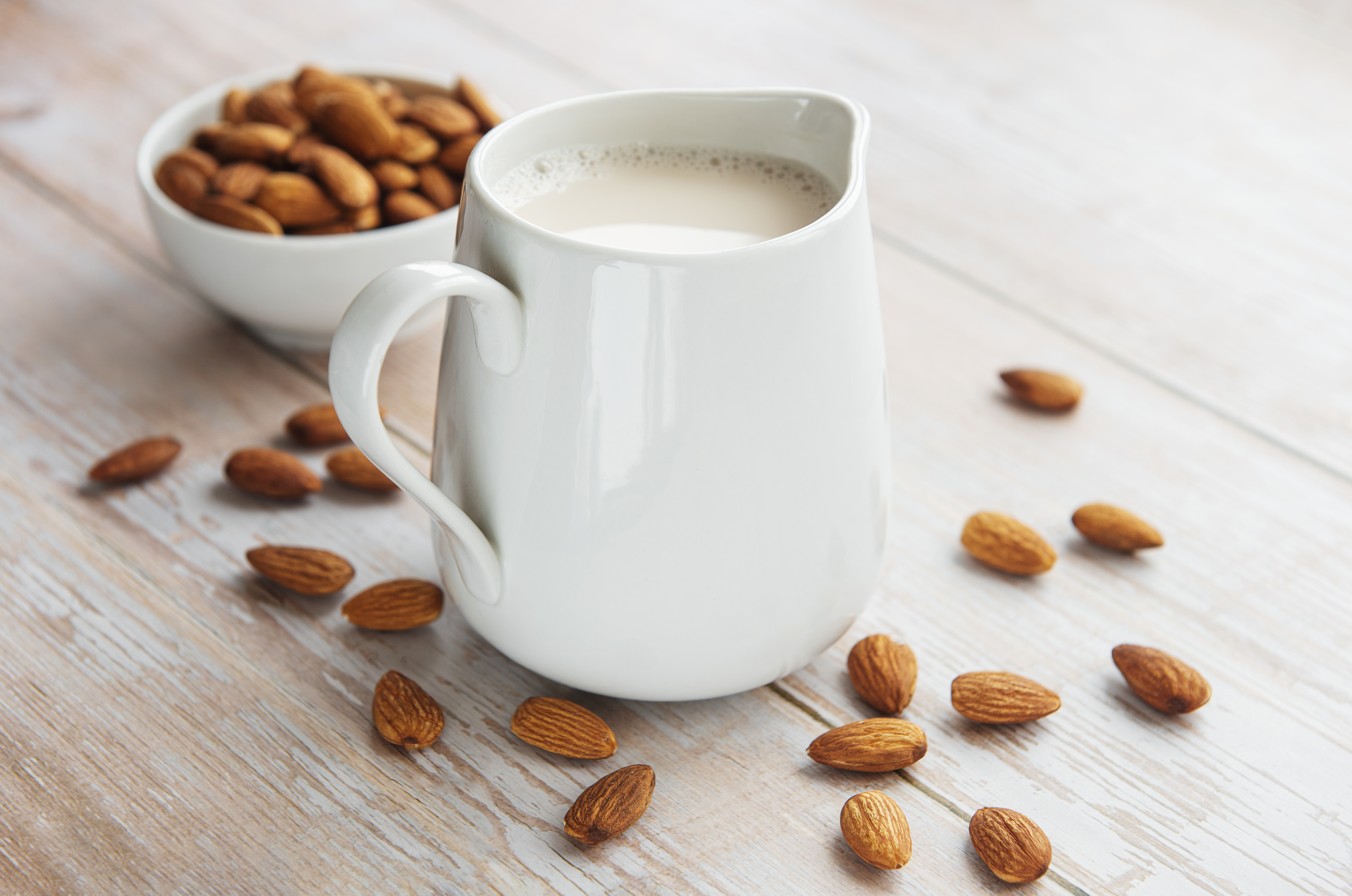
Almond milk stands as a staple in the vegan milk category, renowned for its subtly nutty flavor and creamy texture. Made by blending almonds with water and straining the mixture, this milk is naturally low in calories and sugars, making it a popular choice for those looking to maintain a balanced diet. Almond milk is rich in vitamin E, an antioxidant beneficial for skin health, and often fortified with calcium and vitamin D to support bone health. Its versatility allows it to be used in everything from smoothies to baking, and it pairs wonderfully with cereals and coffee. However, it's important to consider sustainability, as almond cultivation requires significant water resources, prompting some consumers to explore more eco-friendly options.
Soy Milk: The Protein Powerhouse
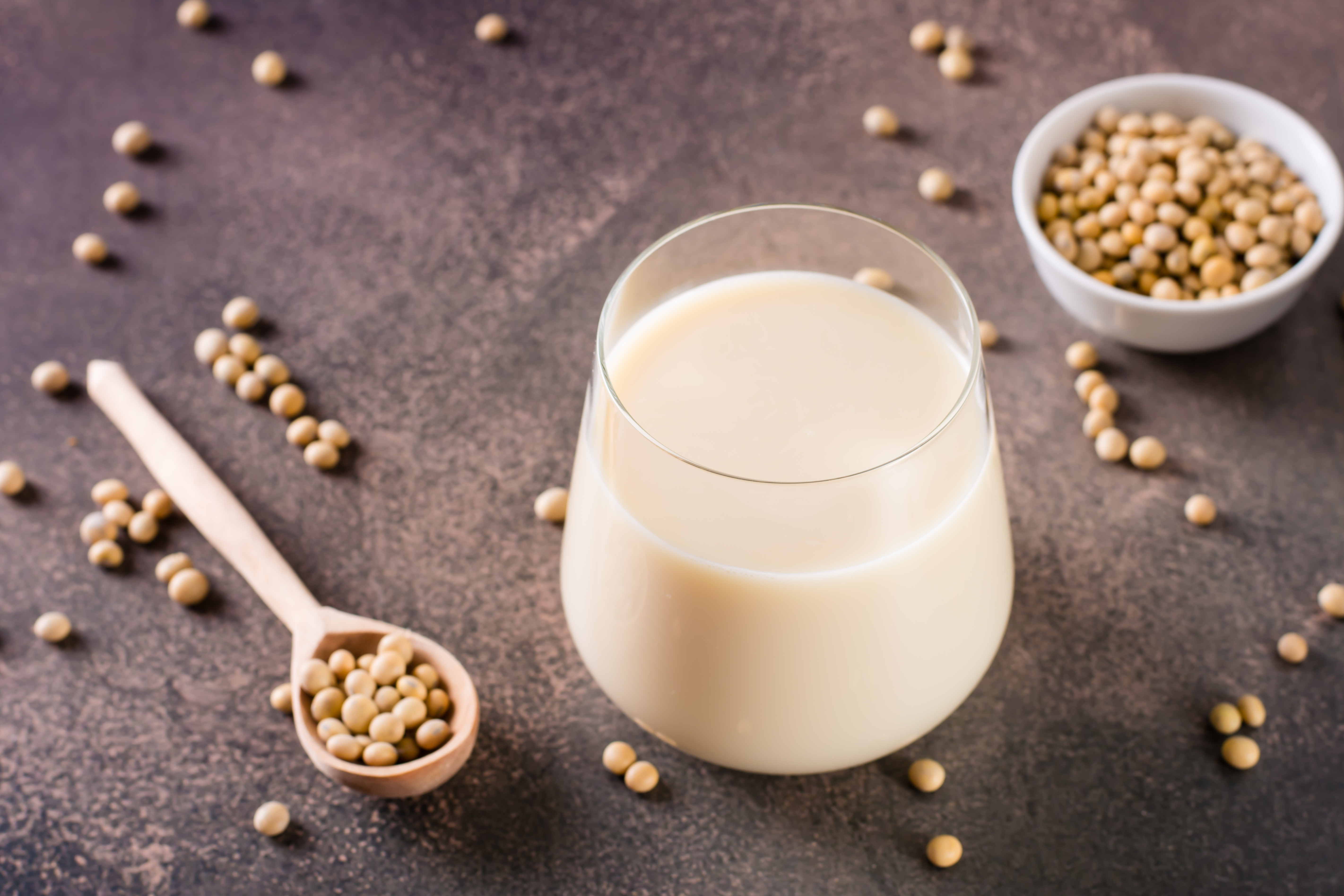
Soy milk has long been a favorite among those seeking a robust, protein-rich vegan milk alternative. Derived from whole soybeans or soy protein isolate, this milk boasts a nutrient profile comparable to cow's milk, offering ample protein, calcium, and essential amino acids. Its creamy texture and mild flavor make it an excellent substitute for dairy in both sweet and savory dishes. Additionally, soy milk is often enriched with vitamins B12 and D, nutrients that are crucial for vegans. Despite its benefits, some individuals may have allergies or concerns about soy's phytoestrogen content, so it's essential to consider personal dietary needs when choosing soy milk.
Oat Milk: The Sustainable Sweetheart
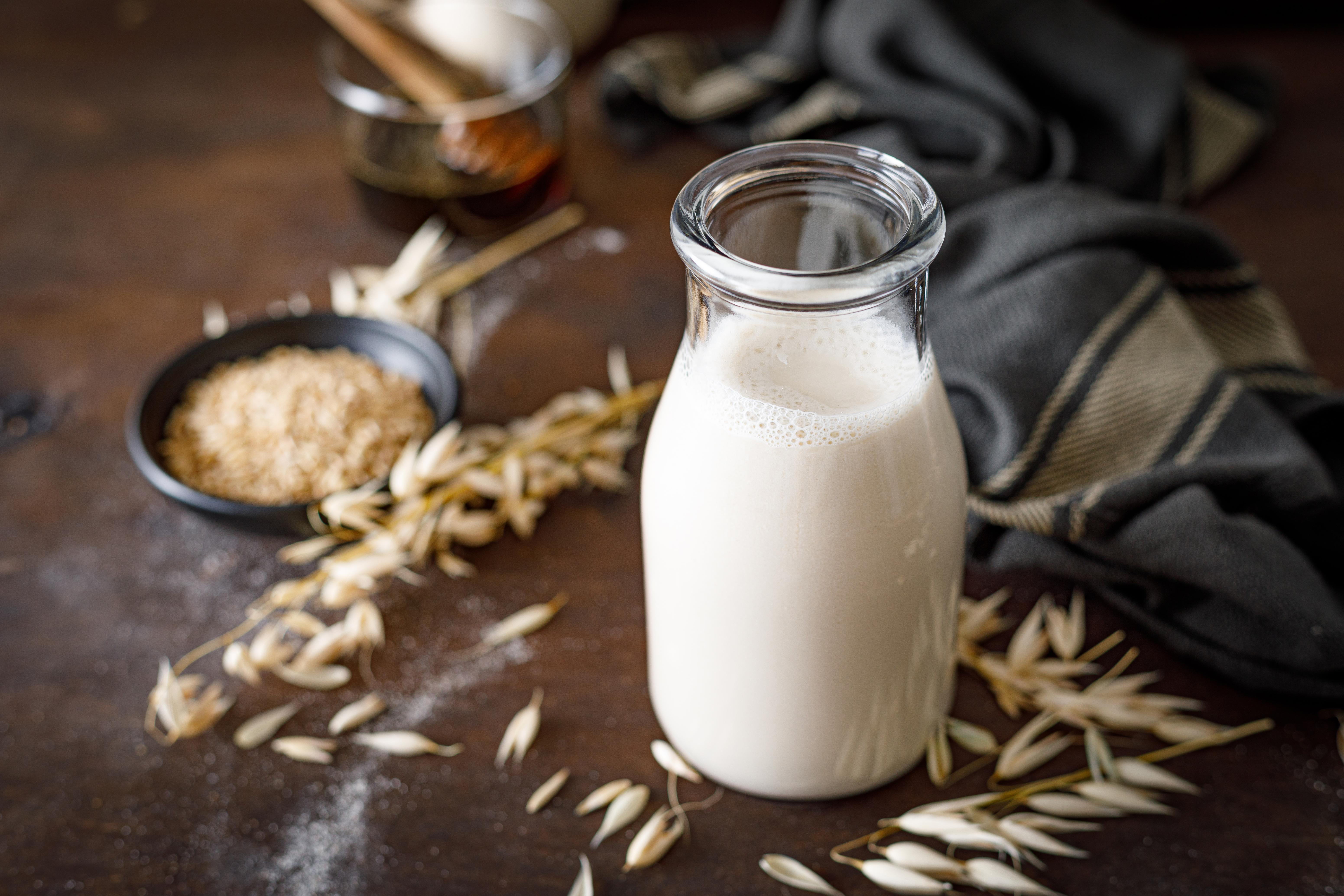
Oat milk has emerged as a frontrunner in the vegan milk market, celebrated for its creamy consistency and eco-friendly production. Made from whole oats, this milk is naturally sweet and rich in beta-glucans, which are soluble fibers that support heart health by lowering cholesterol levels. Oat milk is particularly appealing to those with nut allergies and is often fortified with additional nutrients to enhance its nutritional profile. Its production requires less water and resources compared to almond and soy milk, making it a more sustainable choice. The versatility of oat milk extends to its ability to froth well, making it a popular choice for baristas and coffee enthusiasts.
Coconut Milk: The Tropical Indulgence
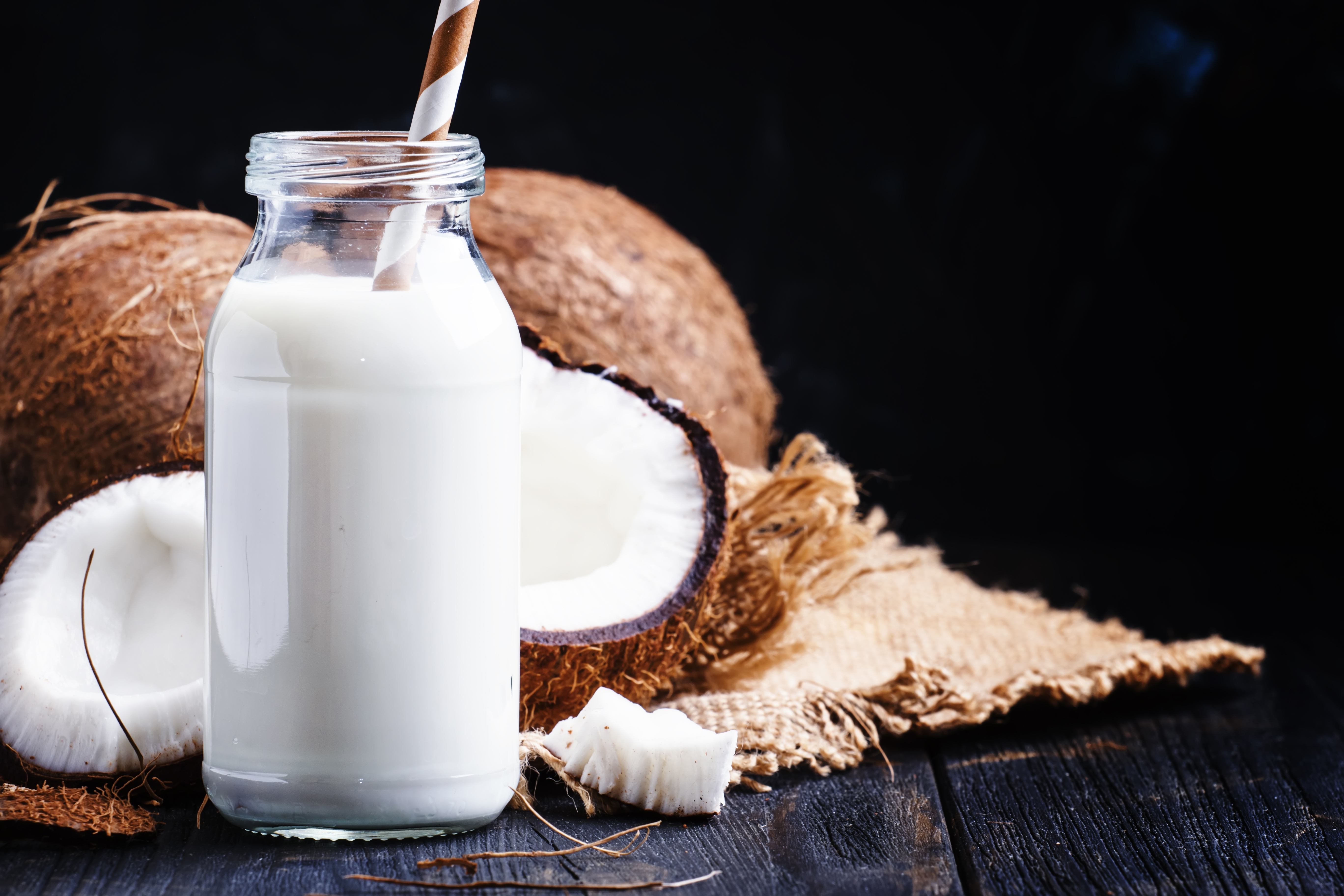
Coconut milk offers a luscious, tropical twist on traditional milk alternatives, prized for its rich flavor and creamy texture. Extracted from the grated meat of mature coconuts, this milk is high in medium-chain triglycerides (MCTs), which are fats that may promote weight loss and boost energy levels. While coconut milk is higher in saturated fats than other plant-based milks, these fats are metabolized differently and can be part of a healthy diet when consumed in moderation. Its distinct flavor makes it a favorite in Southeast Asian cuisines and a delightful addition to smoothies, curries, and desserts. However, it may not be suitable for those seeking a low-fat option.
Cashew Milk: The Creamy Contender
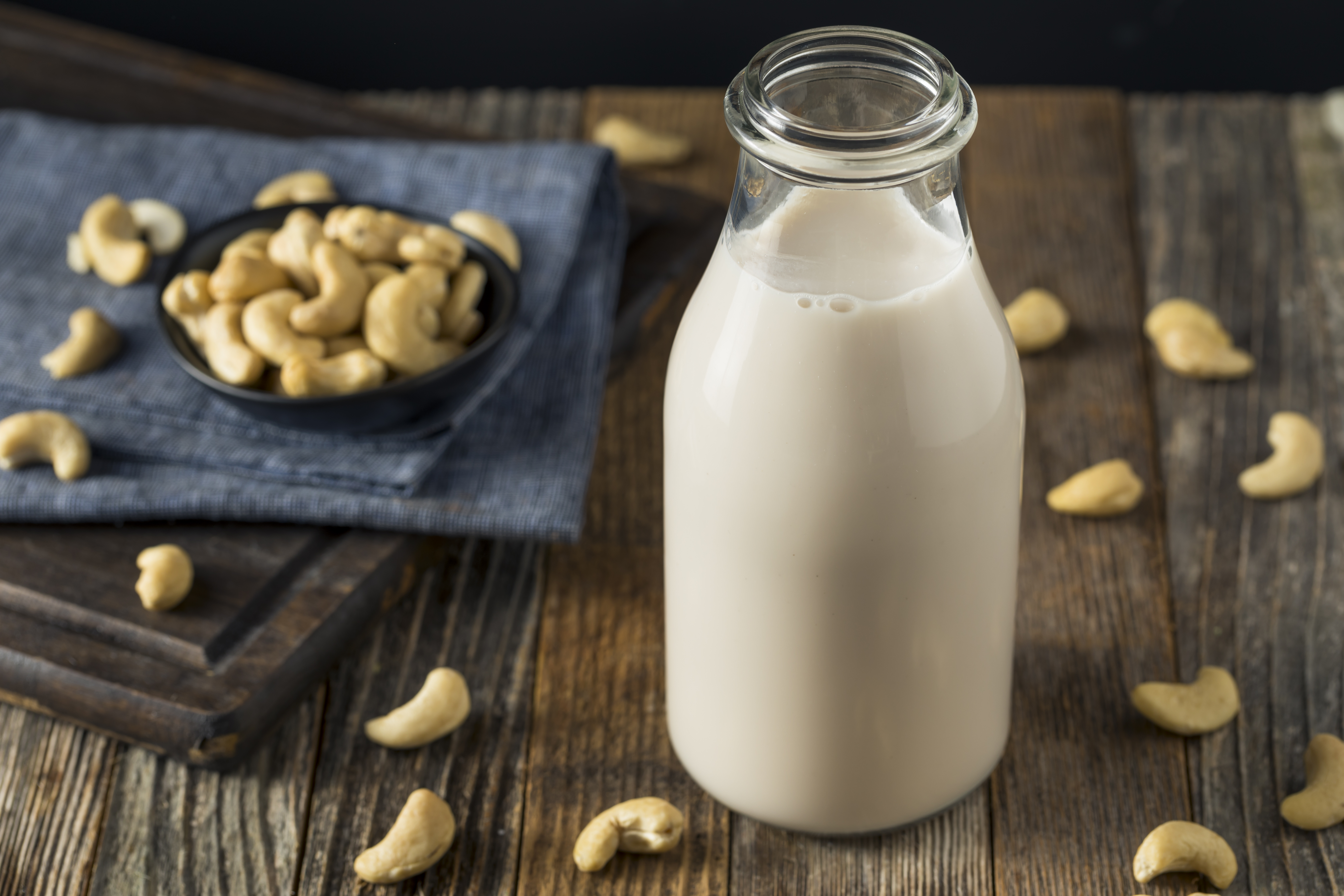
Cashew milk is beloved for its naturally creamy texture and subtle, buttery flavor. Created by blending cashews with water, this milk is an excellent source of healthy fats and essential minerals like magnesium and iron. Its smooth consistency makes it an ideal choice for creamy sauces, soups, and coffee creamers. Cashew milk is often fortified with calcium and vitamin D, enhancing its nutritional benefits. Additionally, it is lower in calories compared to other nut milks, making it a great option for those mindful of their caloric intake. The environmental impact of cashew production is also less intensive than almonds, offering a more sustainable alternative.
Rice Milk: The Gentle Choice
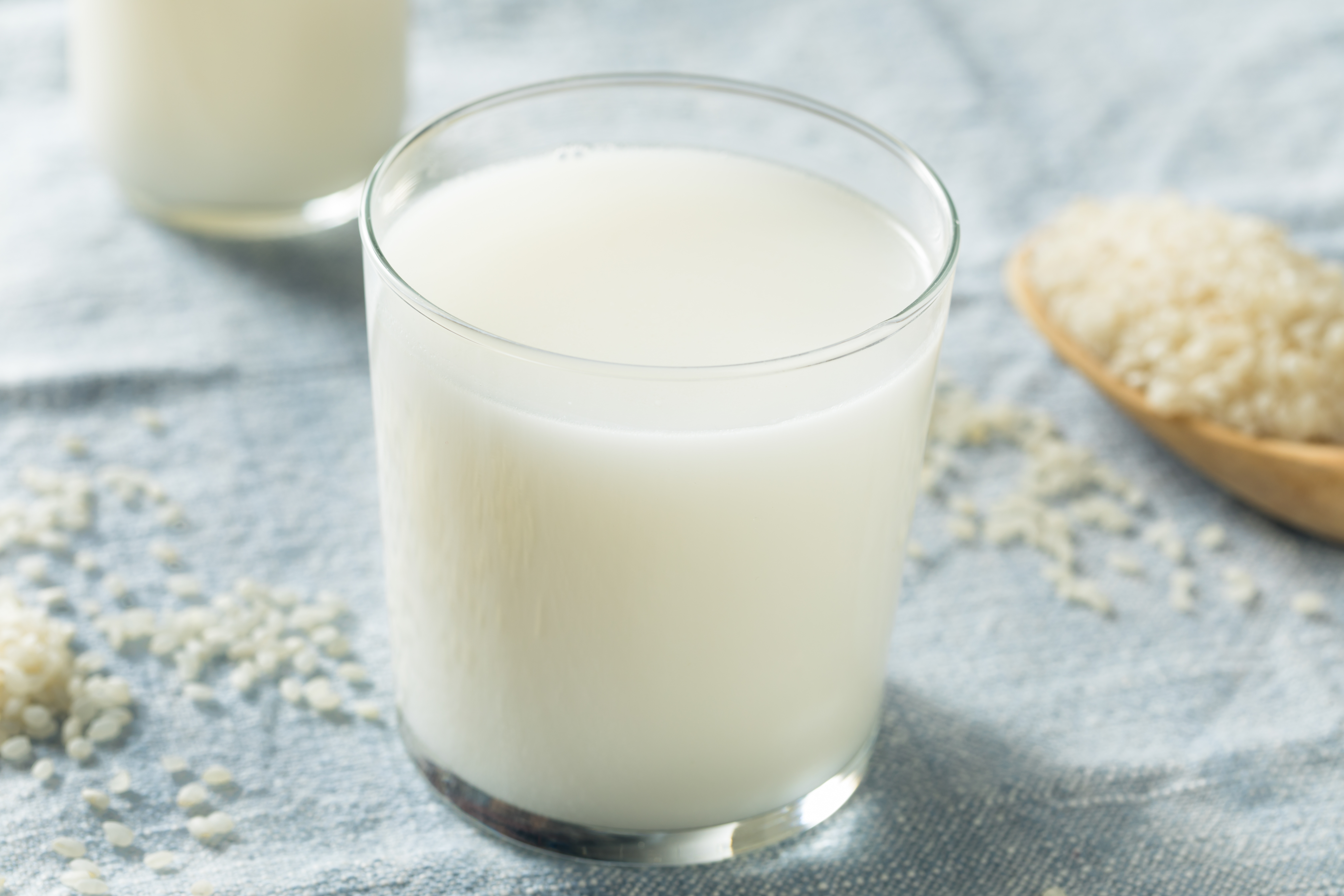
Rice milk is a hypoallergenic option perfect for those with dietary restrictions or allergies to nuts and soy. Made from boiled rice, brown rice syrup, and brown rice starch, this milk is naturally sweet and light in texture. While it is lower in protein compared to other vegan milks, it is often fortified with calcium and vitamins A and D to enhance its nutritional value. Rice milk is particularly favored by individuals with lactose intolerance or gluten sensitivity, as it is free from common allergens. Its mild flavor makes it a versatile addition to cereals, smoothies, and baking recipes, providing gentle nourishment for sensitive systems.
The world of vegan milk alternatives is vast and varied, offering something for every palate and dietary need. Whether you seek the protein-packed benefits of soy, the sustainability of oat, or the indulgent richness of coconut, there is a plant-based milk that aligns with your values and lifestyle. By exploring these options, you can sip your way to delight while contributing to a healthier planet and a more compassionate world.